Not all commonly held beliefs about generations are true. It is easy to generalise and take a stereotypical view of consumer profiles, based on the known behaviours of generations and their broadly held attitudes. However, this biased approach limits and hides the opportunities that can arise from a deeper, more comprehensive view of your consumers.
Today, all generations are exposed to the same kinds of external forces – globalisation, innovation, technology, social media etc – causing a mix of behaviours within a generational group. Overcoming bias within your consumer profiles will increase both your profitability and growth of market share.
What are the sorts of generation bias we face?
Bias: Generation Z can only be targeted online.
Truth: There is little distinction between the physical and the digital world for Gen Z, who move seamlessly between them. They were born into today’s technology, so their approach is unique and they want engagement.
Gen Z may prefer to communicate online but they also love to explore new ways to interact with others. They still socialise together, pick up books, watch TV, visit stores and more, only they approach the experience differently. It’s a much more personal experience for them and they use social media and their online presence to discuss and explore further.
Bias: You can’t reach Baby Boomers online.
Truth: Most consumers, including Boomers, have exposure to a minimum of one social media platform at least once a day. Ofcom found that even ahead of the pandemic that the average time spent online each day by adults aged 18+ was 3 hours 29 minutes*.
Boomers have continued to have large spikes of internet usage driven harder by the conditions of the pandemic as they quickly picked up skills like using a smartphone to replace face-to-face social activities or using Zoom to speak to family members and their confidence to experiment in the digital arena continues to grow.
However, this generation often go online and do things differently to other generations. For example, to perform simpler tasks such as ordering their shopping, to research product information and to post feedback. They may generate less content on social media but are still actively engaging, albeit in more passive way, by reading things like reviews or garnering testimonials from friends and family ahead of purchasing new products.
Active, adventurous, digitally connected often with larger amount of disposable income Boomers see this time of their life as a time of liberation. There is now a massive opportunity to target Boomers online.
Bias: Consumers don’t want to talk about sensitive subjects.
Truth: Millennials and Gen Z expect brands to be clear about their values and to seek to connect with the community. Normalising certain subjects, for example the menopause, and going further to shine a light on wider issues surrounding women’s health resonates with consumers. It shows a brand understands challenges and does not shy away from the truth. More importantly, brands need to be seen as authentic and being seen as true to their values and beliefs.
If, as a brand or retailer, you can become part of this group you will not only be able to share and support consumers on issues where they feel most vulnerable, but even more importantly you will have developed their trust in you.
Drive brand growth and avoid bias.
At N2O we have mastered a targeted approach for each generation providing opportunities to create powerful brand interactions and win fans for brands wherever they are, at home, in store, out of home or online.
* https://www.ofcom.org.uk/__data/assets/pdf_file/0027/196407/online-nation-2020-report.pdf





.png)


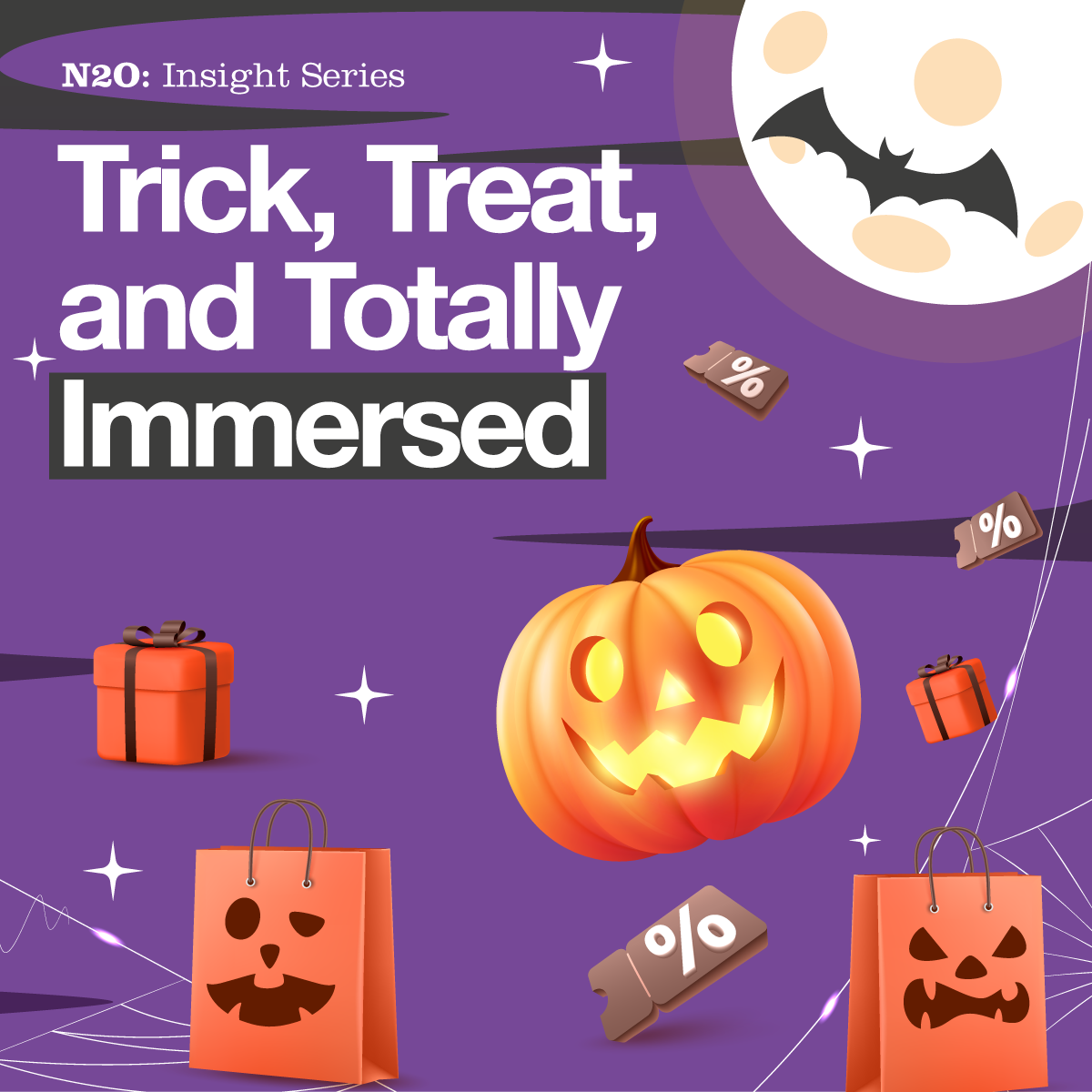
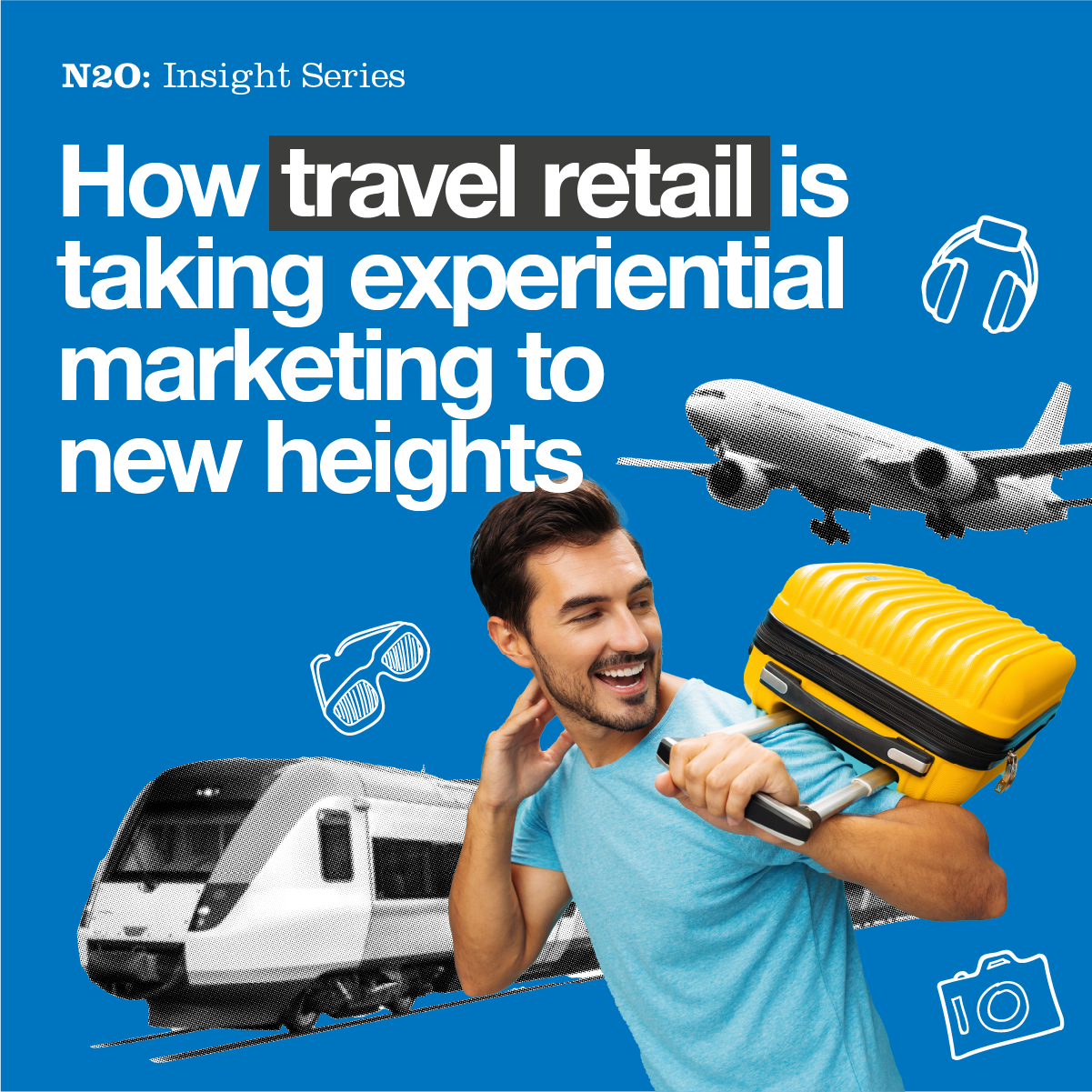
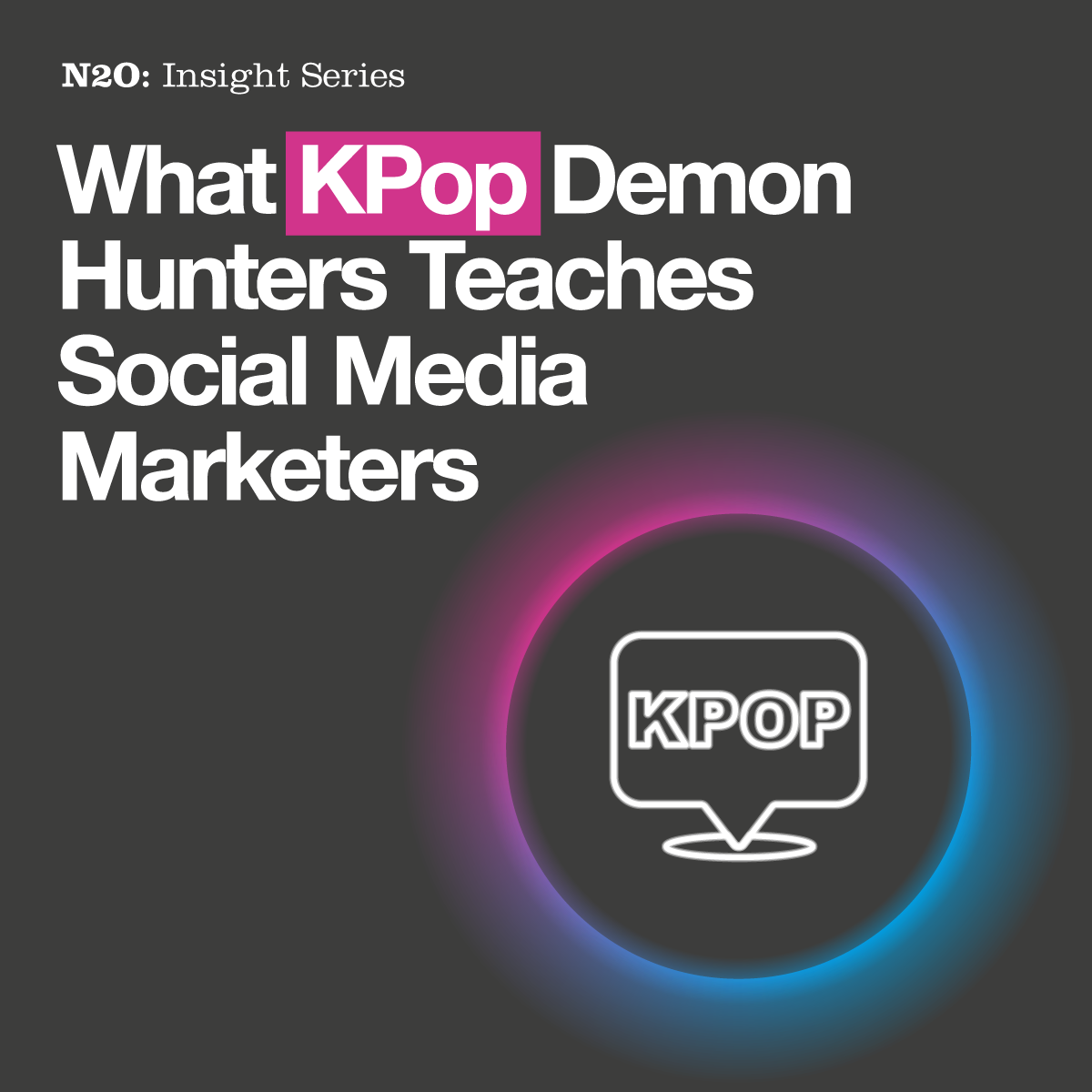
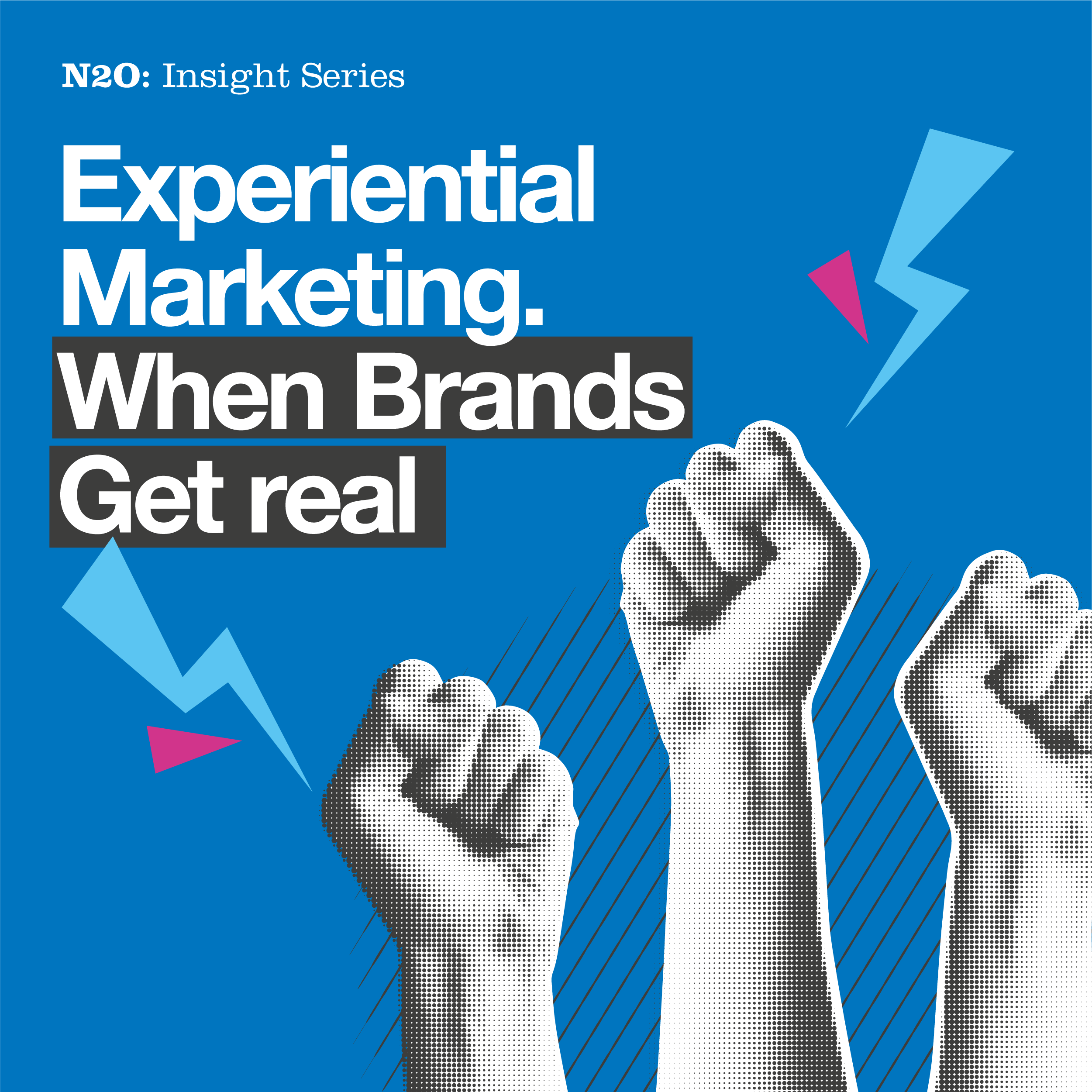



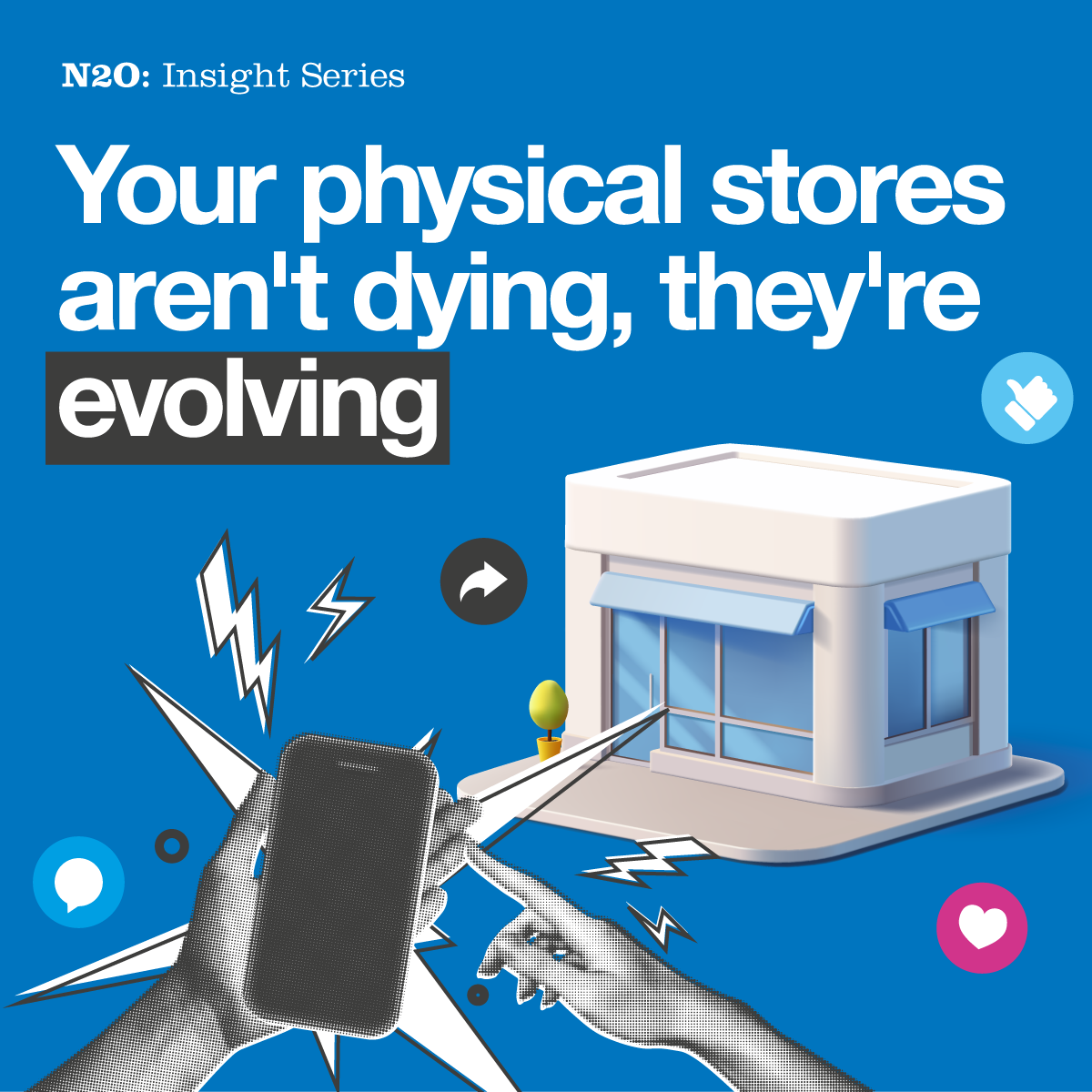

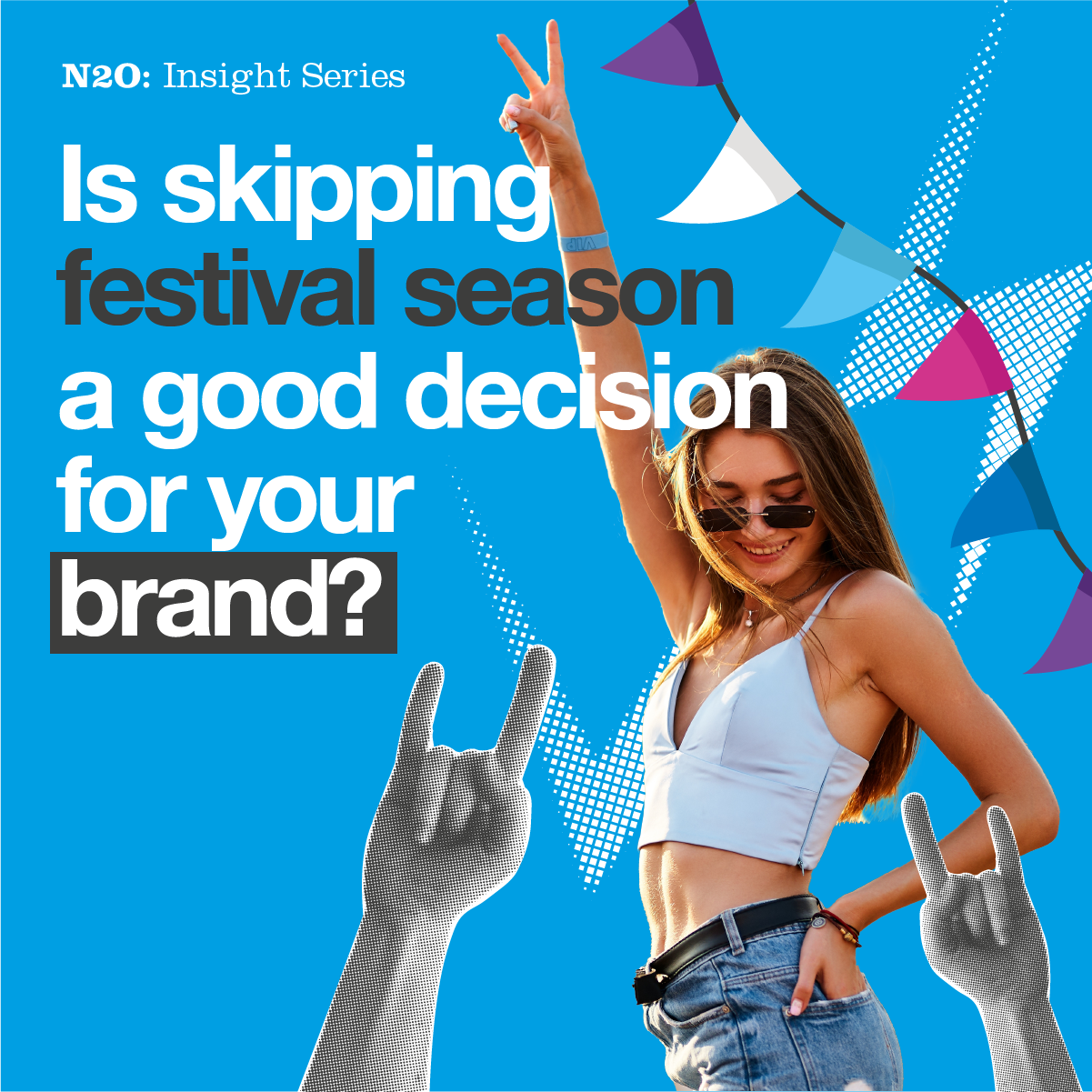
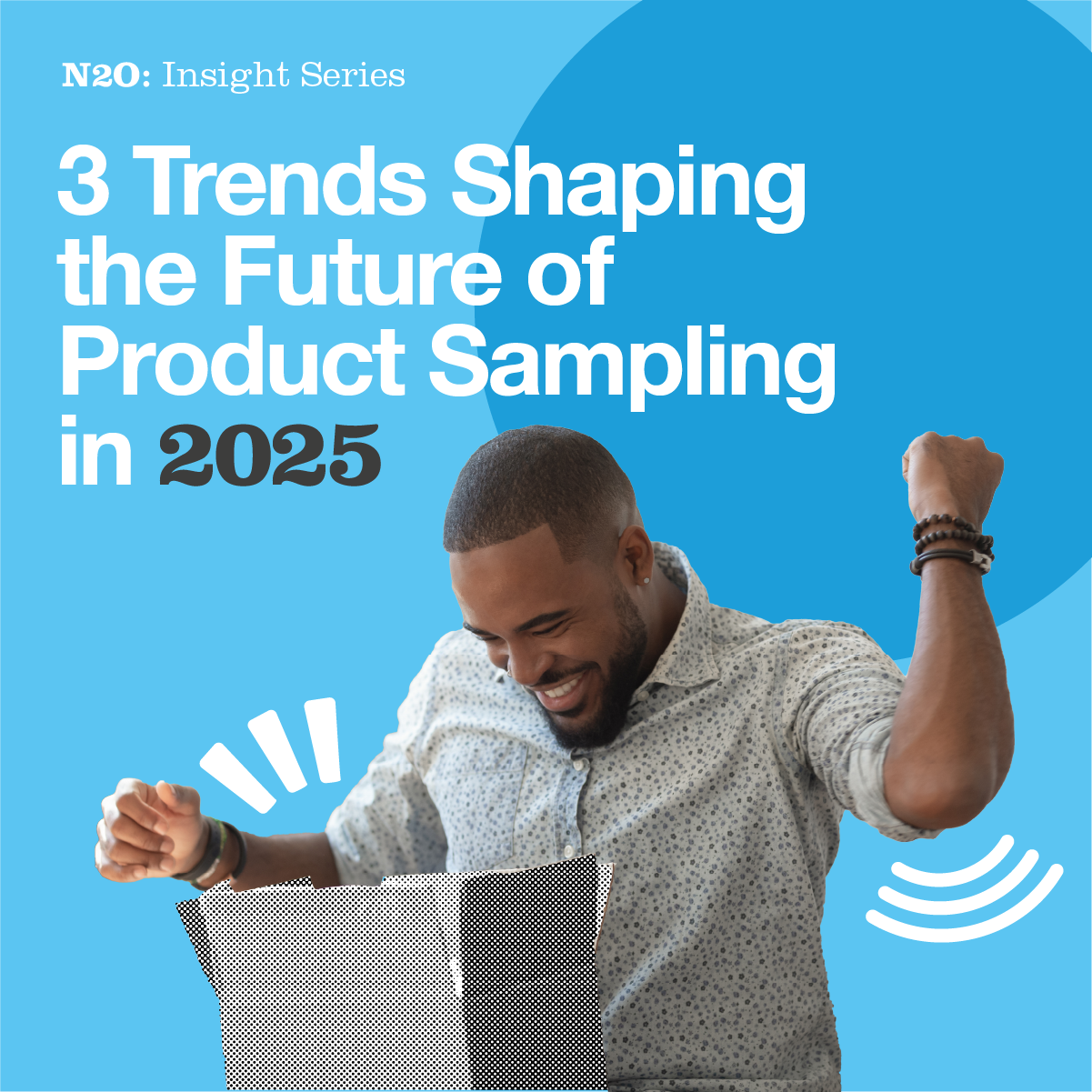
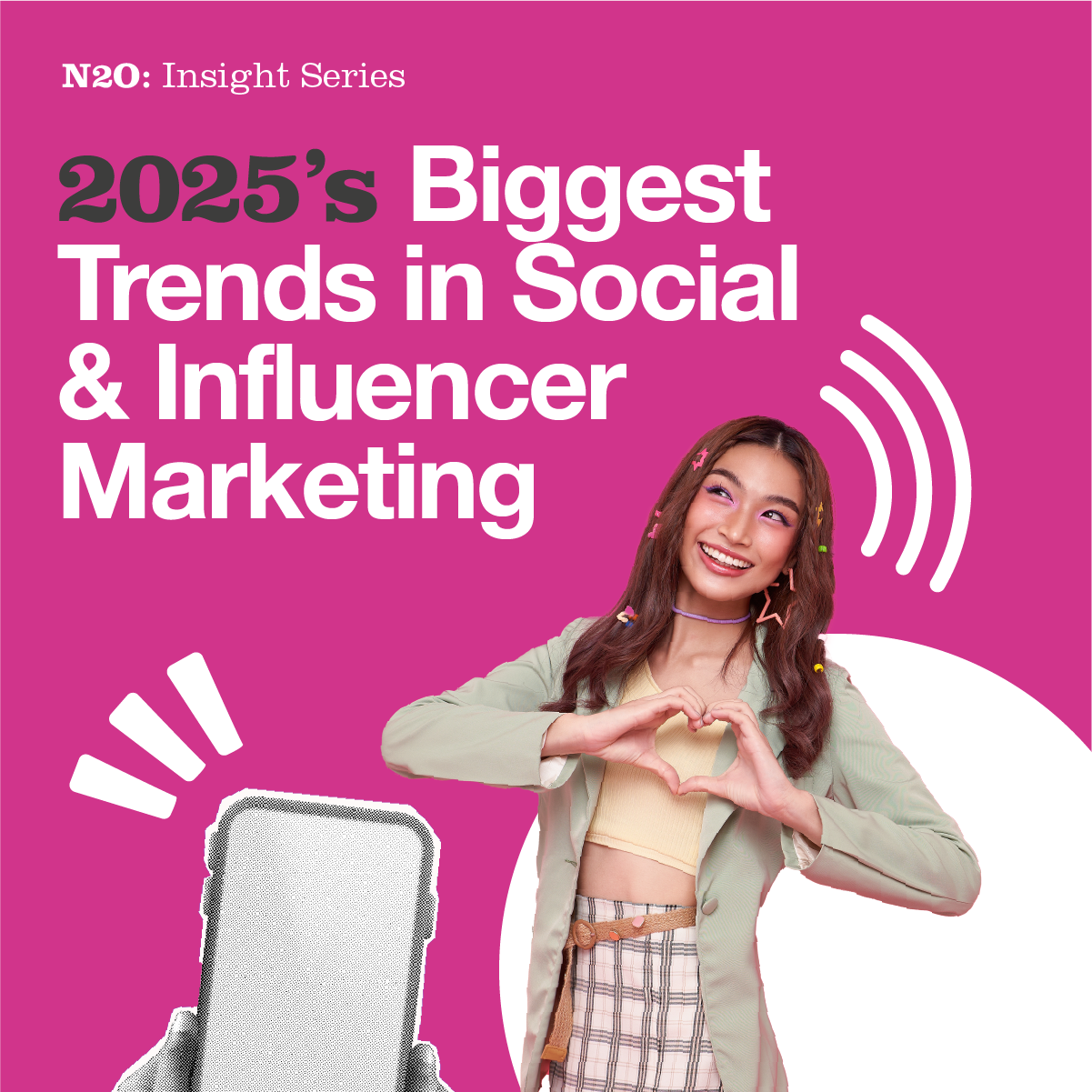
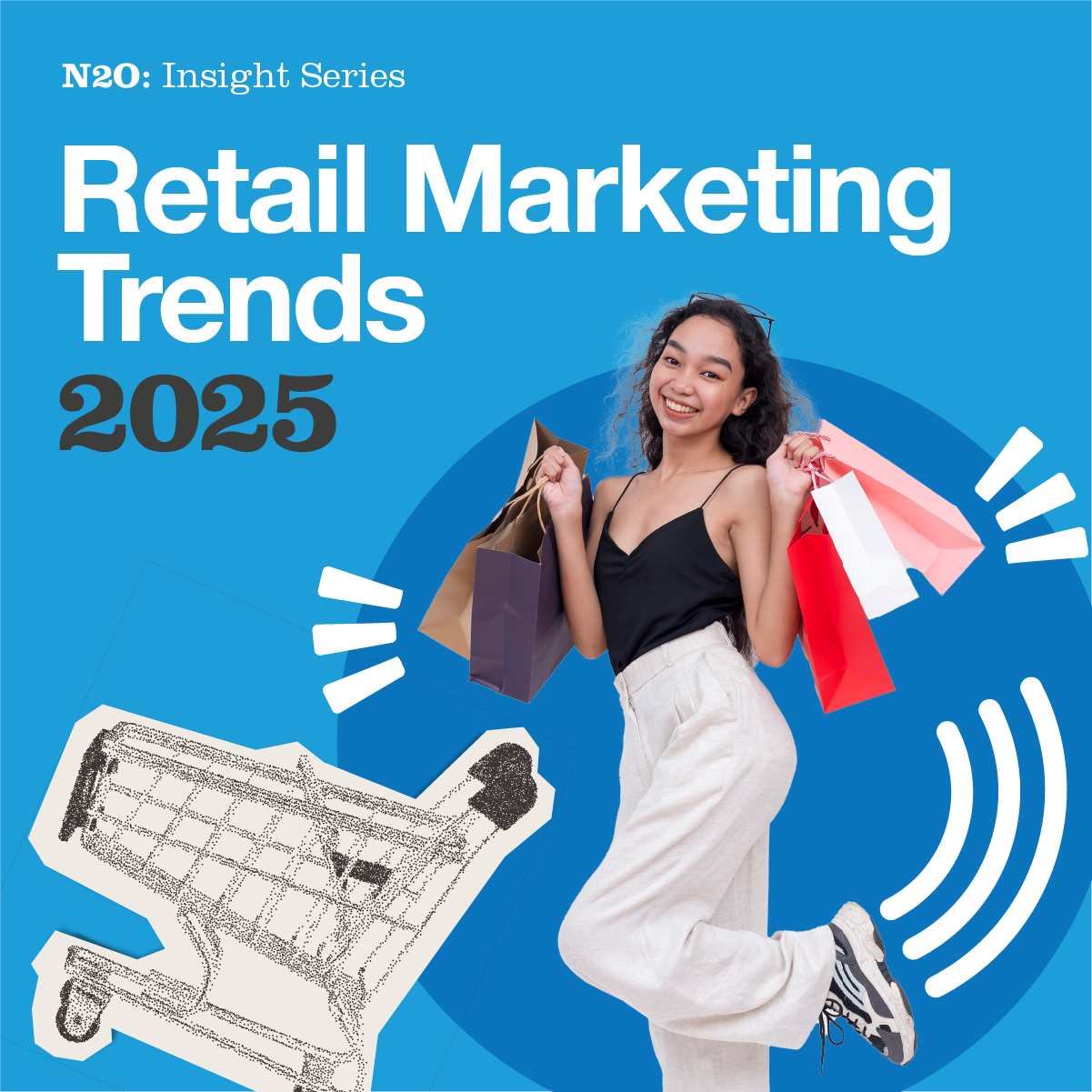
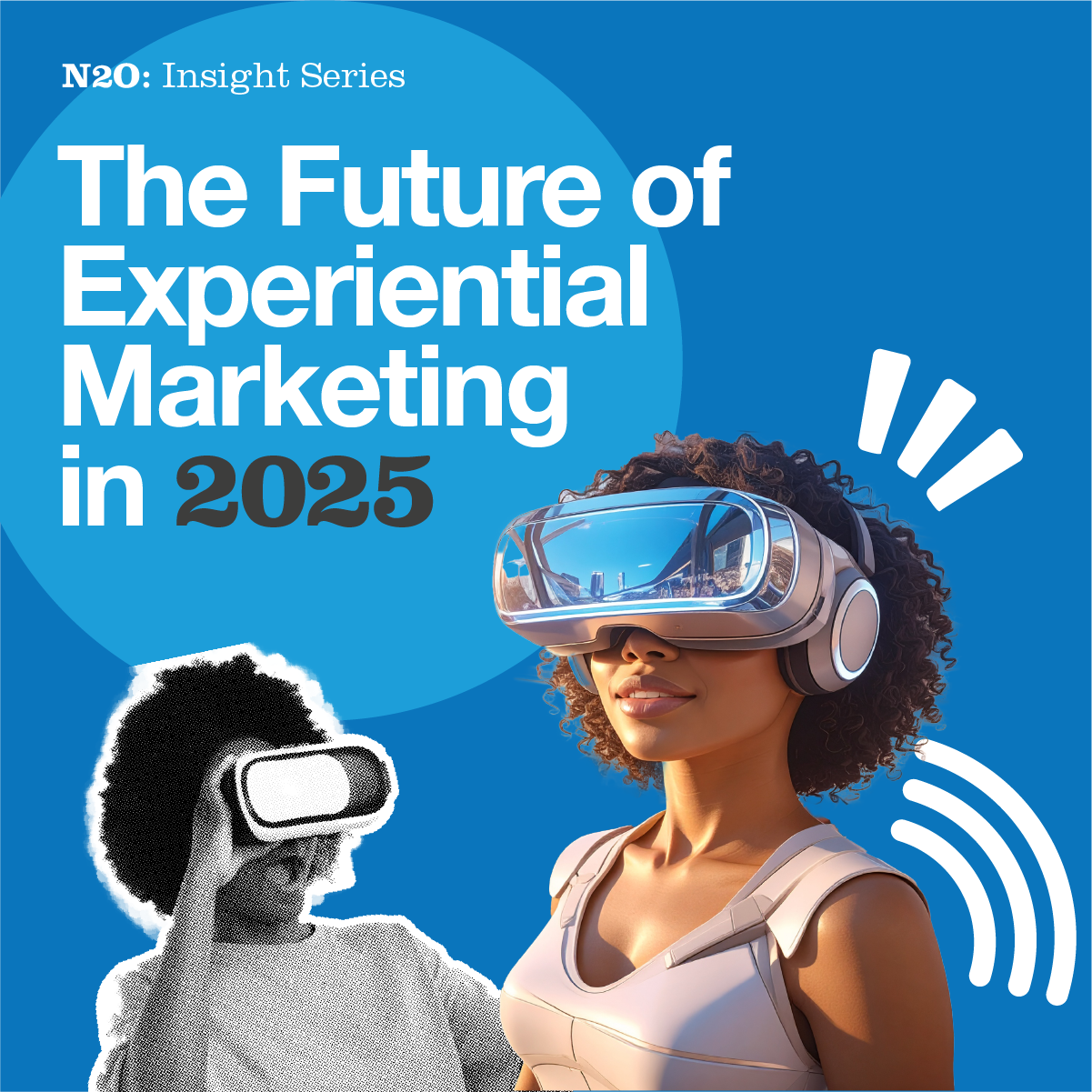


































































.jpg)







.jpeg)


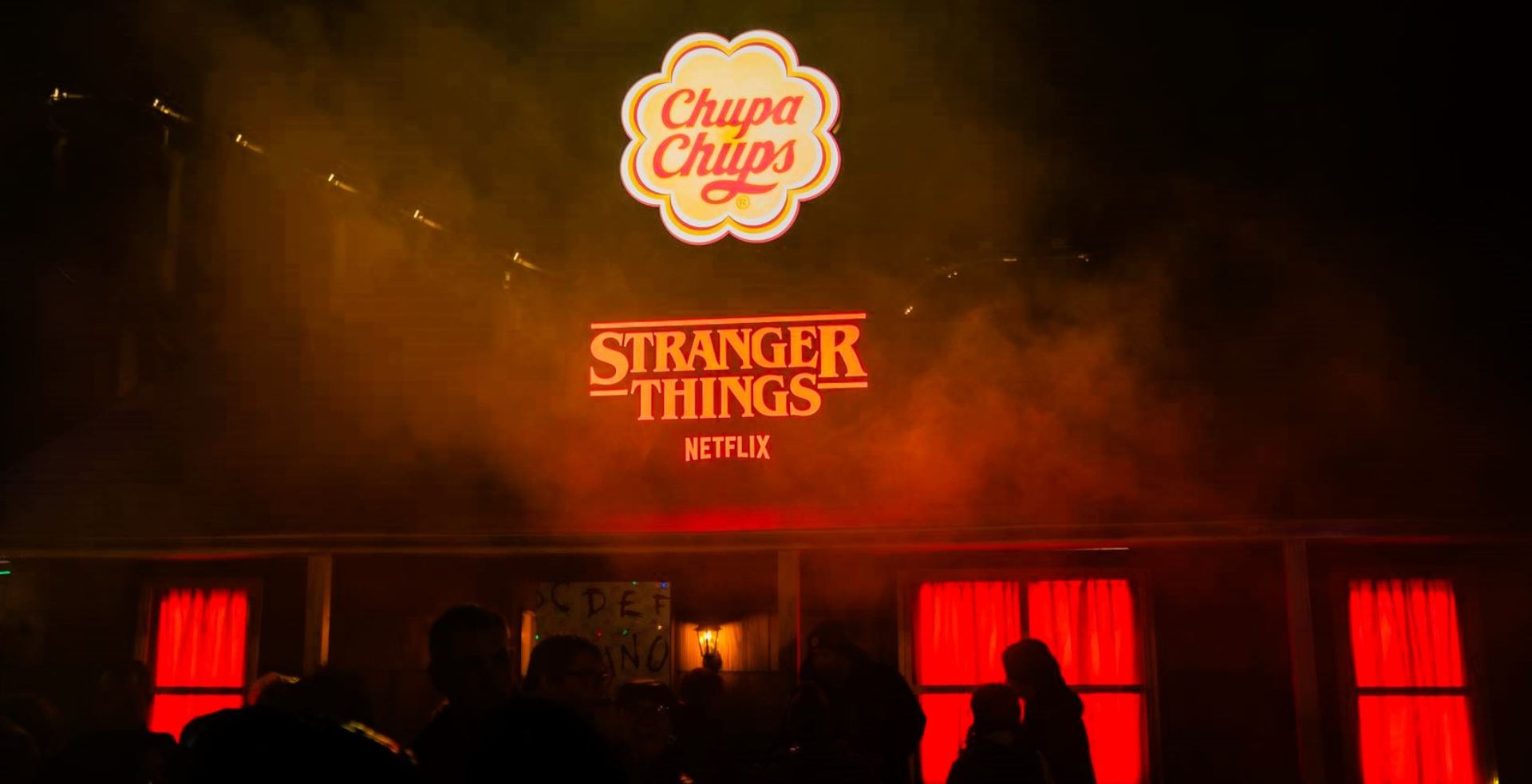
.png)


















